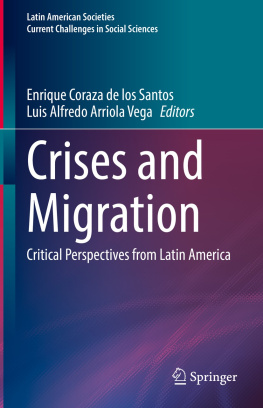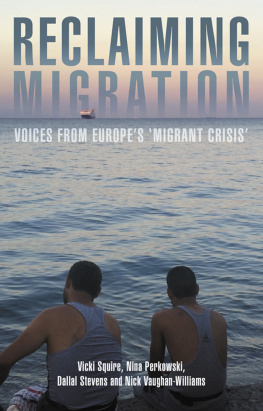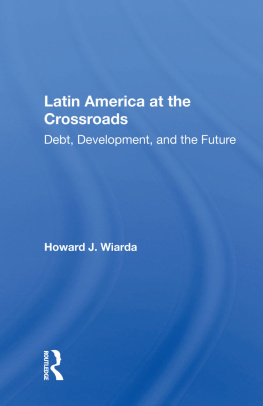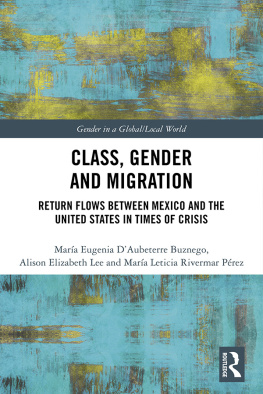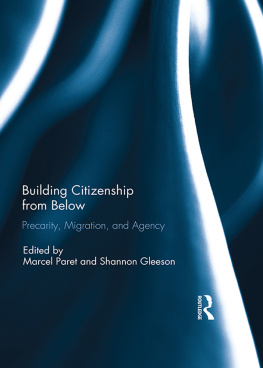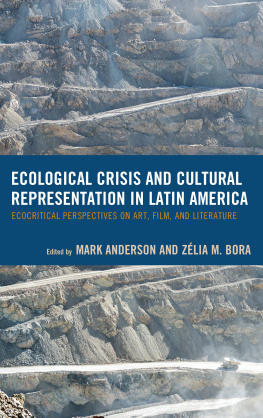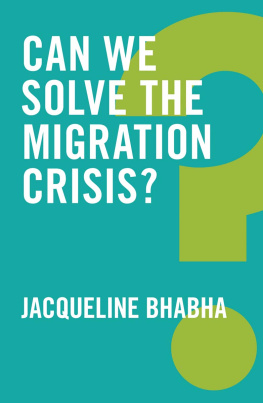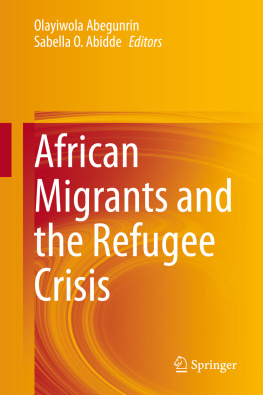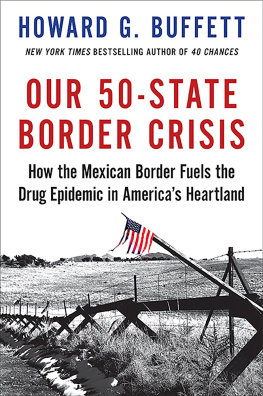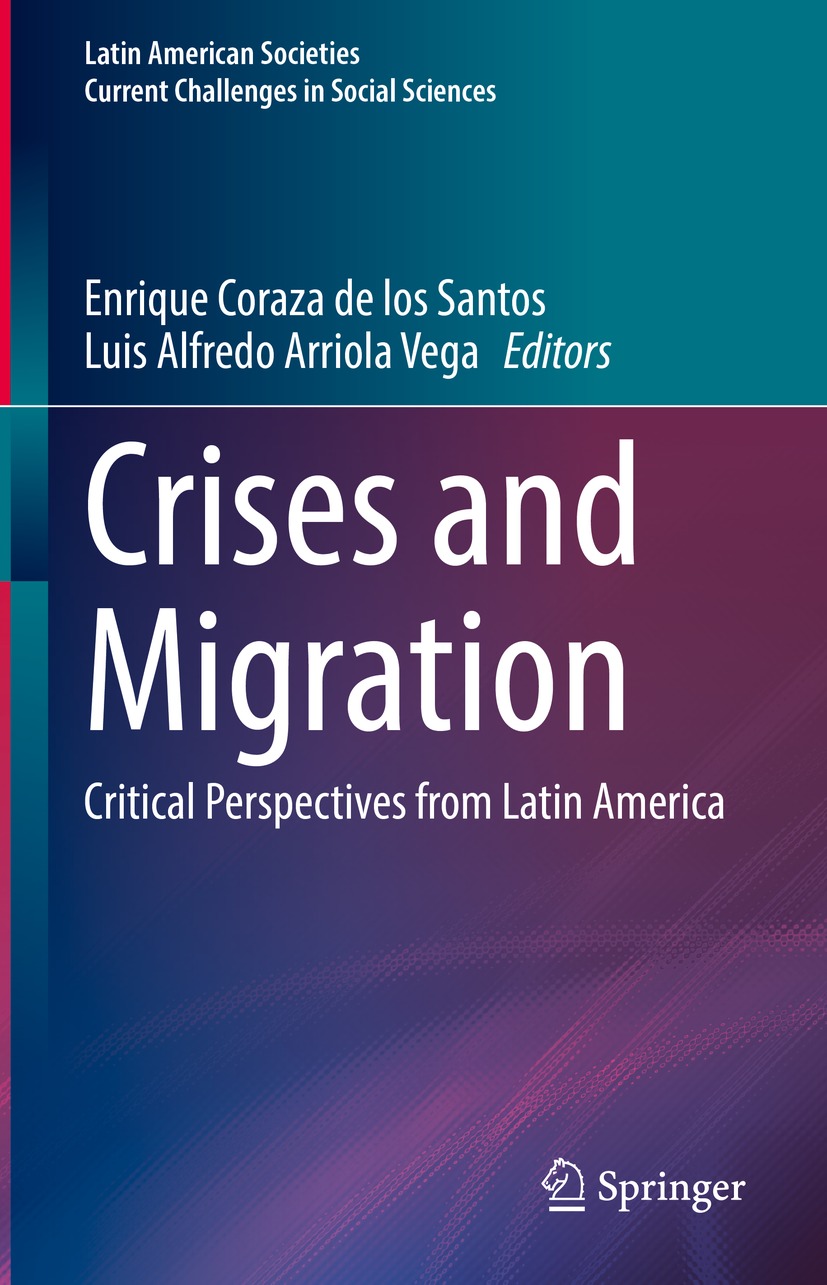Enrique Coraza de los Santos - Crises and Migration: Critical Perspectives from Latin America
Here you can read online Enrique Coraza de los Santos - Crises and Migration: Critical Perspectives from Latin America full text of the book (entire story) in english for free. Download pdf and epub, get meaning, cover and reviews about this ebook. year: 2022, publisher: Springer, genre: Politics. Description of the work, (preface) as well as reviews are available. Best literature library LitArk.com created for fans of good reading and offers a wide selection of genres:
Romance novel
Science fiction
Adventure
Detective
Science
History
Home and family
Prose
Art
Politics
Computer
Non-fiction
Religion
Business
Children
Humor
Choose a favorite category and find really read worthwhile books. Enjoy immersion in the world of imagination, feel the emotions of the characters or learn something new for yourself, make an fascinating discovery.
- Book:Crises and Migration: Critical Perspectives from Latin America
- Author:
- Publisher:Springer
- Genre:
- Year:2022
- Rating:5 / 5
- Favourites:Add to favourites
- Your mark:
Crises and Migration: Critical Perspectives from Latin America: summary, description and annotation
We offer to read an annotation, description, summary or preface (depends on what the author of the book "Crises and Migration: Critical Perspectives from Latin America" wrote himself). If you haven't found the necessary information about the book — write in the comments, we will try to find it.
This book critically examines the association between the notions of crisis and migration in the context of Latin America, and from three different perspectives: first, it analyzes the discourses based on the concept of crisis employed by the media, academic researchers, civil society organizations and the state to frame human mobility issues; second, it investigates migrants agency under conditions of crisis; and third, it discusses whether migration crisis is a conjunctural or structural phenomenon in the region.
Chapters in this contributed volume investigate the crisis-migration nexus in seven Latin American countries Argentina, Brazil, Colombia, Costa Rica, Mexico, Nicaragua and Uruguay by discussing different human mobility phenomena, such as the migrant caravans that departed from Central America bound to Mexico and the United States; the Nicaraguan exodus caused by the political crisis in the country; the perception of Venezuelan migrants in Colombias media; the presence of Caribbean migrants in Brazil, Uruguay and Argentina.
Crisis and Migration: Critical Perspectives from Latin America will be of interest to a wide range of social scientists interested in migration studies, as well as to policy makers and civil society organizations. This book offers a fresh look at the way we conceive, represent, and think about the relationship between crisis and human mobility. As the volumes contributions show, a critical examination of the notion of crisis is a first step towards a more comprehensive understanding of the plight of present-day migrants worldwide.
Enrique Coraza de los Santos: author's other books
Who wrote Crises and Migration: Critical Perspectives from Latin America? Find out the surname, the name of the author of the book and a list of all author's works by series.

